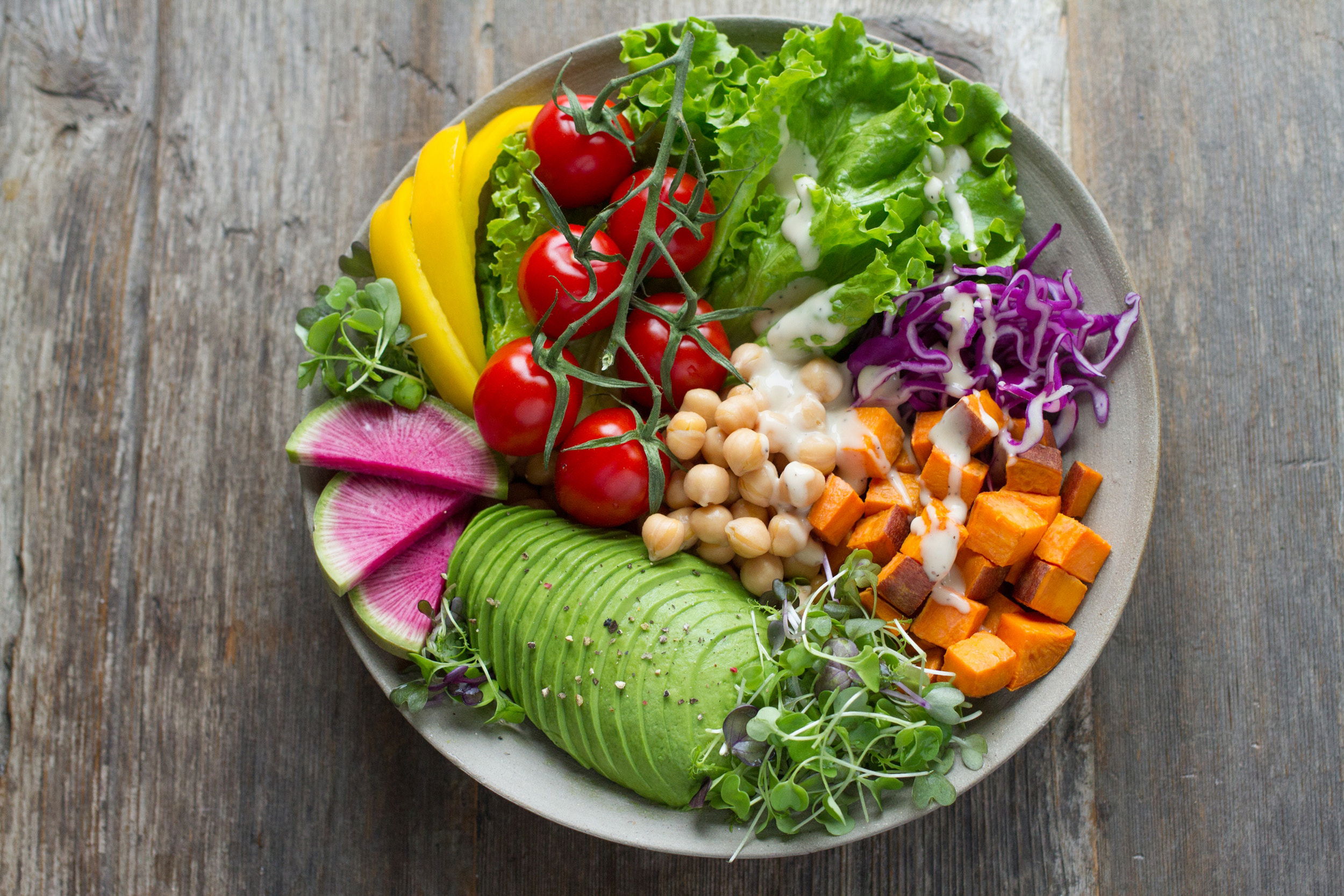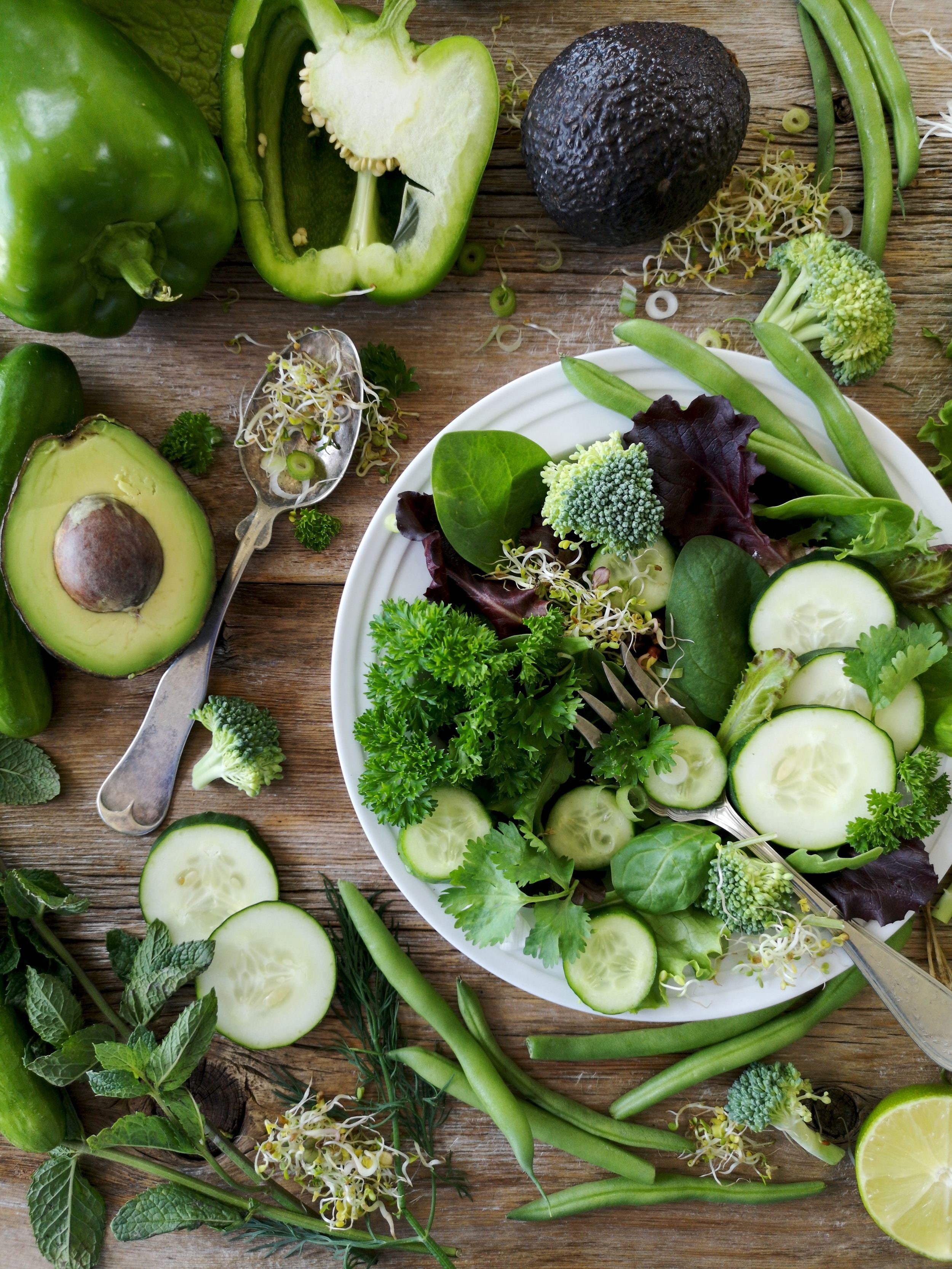Going Vegan: A Comprehensive Guide to a Plant-Only Lifestyle
Going vegan, a dietary and lifestyle choice that excludes all animal products, has become increasingly popular in recent years. Veganism goes beyond a simple diet; it is a philosophy that seeks to avoid the exploitation and cruelty of animals for food, clothing, or any other purpose. By embracing a plant-only lifestyle, individuals aim to promote compassion, environmental sustainability, and improved health. In this comprehensive guide, we will explore the fundamentals of veganism, its potential health benefits, practical tips for transitioning, and how to maintain a balanced and fulfilling vegan lifestyle.
Understanding Veganism
At its core, veganism is about abstaining from the use of animal-derived products. This includes all forms of meat (beef, pork, poultry, etc.), seafood, dairy (milk, cheese, butter), eggs, and even honey. Vegans also avoid products made from animal by-products, such as leather, wool, silk, and cosmetics tested on animals.
Health Benefits of a Vegan Diet
A well-planned vegan diet can provide numerous health benefits, supported by scientific research:
Reduced Risk of Chronic Diseases: Studies show that vegans may have a lower risk of heart disease, hypertension, type 2 diabetes, and certain cancers due to their high intake of fruits, vegetables, whole grains, and legumes.
Weight Management: A plant-based diet is often lower in calories and saturated fats, making it an effective choice for weight management and maintaining a healthy body mass index (BMI).
Improved Digestion: The abundance of fiber in plant-based foods supports healthy digestion and may reduce the risk of gastrointestinal disorders.
Lower Cholesterol Levels: A vegan diet can lead to lower levels of LDL cholesterol (the "bad" cholesterol), which is linked to a decreased risk of cardiovascular disease.
Increased Antioxidants: Fruits, vegetables, nuts, and seeds are rich in antioxidants that combat oxidative stress and reduce inflammation in the body.

Essential Nutrients on a Vegan Diet
While a well-planned vegan diet can be nutritionally complete, certain nutrients require special attention:
Vitamin B12: As a vitamin mainly found in animal products, vegans should supplement with vitamin B12 or consume fortified foods to meet their needs.
Iron: Plant-based sources of iron, such as legumes, nuts, and fortified cereals, can be part of a vegan diet. Enhance iron absorption by consuming vitamin C-rich foods alongside iron sources.
Calcium: Calcium can be obtained from fortified plant-based milk, tofu, leafy greens (kale, bok choy), and fortified orange juice.
Omega-3 Fatty Acids: Vegans can obtain omega-3s from sources like flaxseeds, chia seeds, walnuts, and algae-based supplements.
Transitioning to a Vegan Lifestyle
Transitioning to a vegan lifestyle can be a gradual process, allowing time for adjustment and learning. Here are some practical tips for a smooth transition:
Educate Yourself: Learn about vegan nutrition, recipe ideas, and how to read ingredient labels to identify animal-derived products.
Start Gradually: Begin by eliminating one animal product at a time and incorporating more plant-based foods into your meals.
Explore New Foods: Embrace new fruits, vegetables, grains, and plant-based proteins to diversify your diet and discover new flavors.
Cook at Home: Experiment with vegan recipes at home, as it allows you to control the ingredients and flavors of your meals.
Seek Support: Join vegan communities or online forums to connect with like-minded individuals and gain support during your journey.
A Balanced Vegan Diet
A balanced vegan diet should include a variety of nutrient-rich foods to ensure optimal health:
Fruits and Vegetables: Aim for a colorful array of fruits and vegetables to provide essential vitamins, minerals, and antioxidants.
Whole Grains: Incorporate whole grains like quinoa, brown rice, oats, and whole wheat for fiber, complex carbohydrates, and essential nutrients.
Legumes: Include beans, lentils, chickpeas, and tofu for protein, fiber, iron, and other minerals.
Nuts and Seeds: Enjoy a variety of nuts and seeds for healthy fats, protein, and micronutrients.
Plant-Based Protein: Explore plant-based protein sources such as tempeh, seitan, and plant-based protein powders.
Fortified Foods: Consume fortified plant-based milk, cereals, and nutritional yeast to ensure adequate vitamin B12 and other nutrients.
Addressing Social and Practical Challenges
Adopting a vegan lifestyle may present social and practical challenges, especially when dining out or attending social events. Here are some tips for navigating these situations:
Communicate: Inform friends, family, and restaurants in advance about your dietary preferences to ensure vegan options are available.
Dine at Vegan-Friendly Establishments: Seek out restaurants that offer vegan menu options or are open to customizing dishes.
Bring Your Own Dish: When attending gatherings, bring a vegan dish to share, ensuring there is something suitable for you to enjoy.
Stay Positive: Approach challenges with a positive attitude and use them as opportunities to educate others about veganism.

Resources for a Vegan Lifestyle
Embracing a vegan lifestyle is made easier by the abundance of resources available:
Vegan Cookbooks: Explore a wide range of vegan cookbooks offering creative and delicious recipes.
Online Recipes: Numerous websites and blogs provide a vast collection of vegan recipes and cooking tips.
Vegan Apps: Download vegan apps that offer recipes, meal planning, and vegan-friendly restaurant suggestions.
Documentaries and Books: Watch documentaries and read books about veganism to deepen your understanding of the philosophy and its benefits.
Conclusion
Going vegan is a powerful choice that not only benefits your health but also supports ethical treatment of animals and environmental sustainability. By embracing a well-planned vegan diet, supplementing where necessary, and staying open to learning and growth, you can thrive on a plant-only lifestyle. Remember that every step towards a vegan lifestyle contributes to a more compassionate and sustainable world.
Sources:
- The American Journal of Clinical Nutrition - "Position of the Academy of Nutrition and Dietetics: Vegetarian Diets" - academic.oup.com/ajcn/article/100/suppl_1/365S/4576502
- Harvard T.H. Chan School of Public Health - "Becoming Vegan" - hsph.harvard.edu/nutritionsource/what-should-you-eat/vegetarian-and-vegan-diets/
- The Physicians Committee for Responsible Medicine - pcrm.org/health-topics/vegetarian-and-vegan-diets